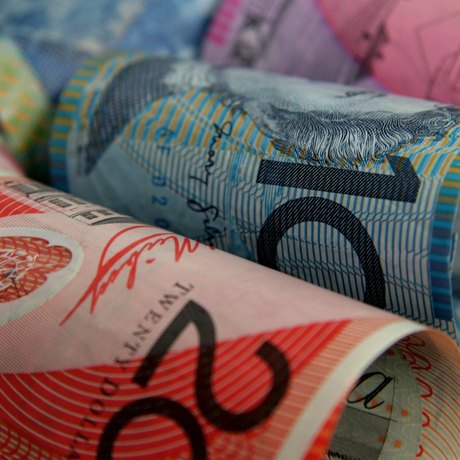Saluda raises $10m for neuromodulation device

Saluda Medical has raised $10 million in Series B financing to help support the development of a world-first potential new treatment for chronic pain.
The company is developing neuromodulation technologies to help improve the treatment of chronic pain, Parkinson’s disease, epilepsy and other disorders.
Saluda’s Evoke is a spinal cord stimulation system that can be used to manage chronic pain of the back and limbs.
Neuromodulation generates therapeutic nerve activity through the delivery of electrical stimulation to targeted sites. Saluda is developing a device capable of measuring nerve signals and adjusting this stimulation in real time.
The company is close to completion of a 30-day trial in chronic leg and back pain, and expects to commence another trial in the next 12 months. The new funds will help pay for these developments.
Healthcare fund Bioscience Managers led the Series B financing round with a $5 million contribution. The remainder was sourced from existing shareholders.
“We view Saluda Medical as having a breakthrough technology that is close to commercialisation, addressing very large markets,” BioScience Managers Managing Director Jeremy Curnock Cook commented.
“This, coupled with excellent progress from the technology to date, made for a compelling investment case. We are very excited about our participation in bringing this technology to the commercial market.”
Saluda was spun out of federal ICT research centre National ICT Australia (NICTA), which developed the neuromodulation technology in collaboration with the Pain Management Research Institute at the Royal North Shore Hospital in Sydney.
A scientist, a cooler and a long-haul flight in the fight against MND
Early in January 2026, neuroscientist Dr Rachael Dunlop boarded a flight from Sydney to the US...
Mini lung organoids could help test new treatments
Scientists have developed a simple method for automated the manufacturing of lung organoids...
Clogged 'drains' in the brain an early sign of Alzheimer’s
'Drains' in the brain, responsible for clearing toxic waste in the organ, tend to get...



